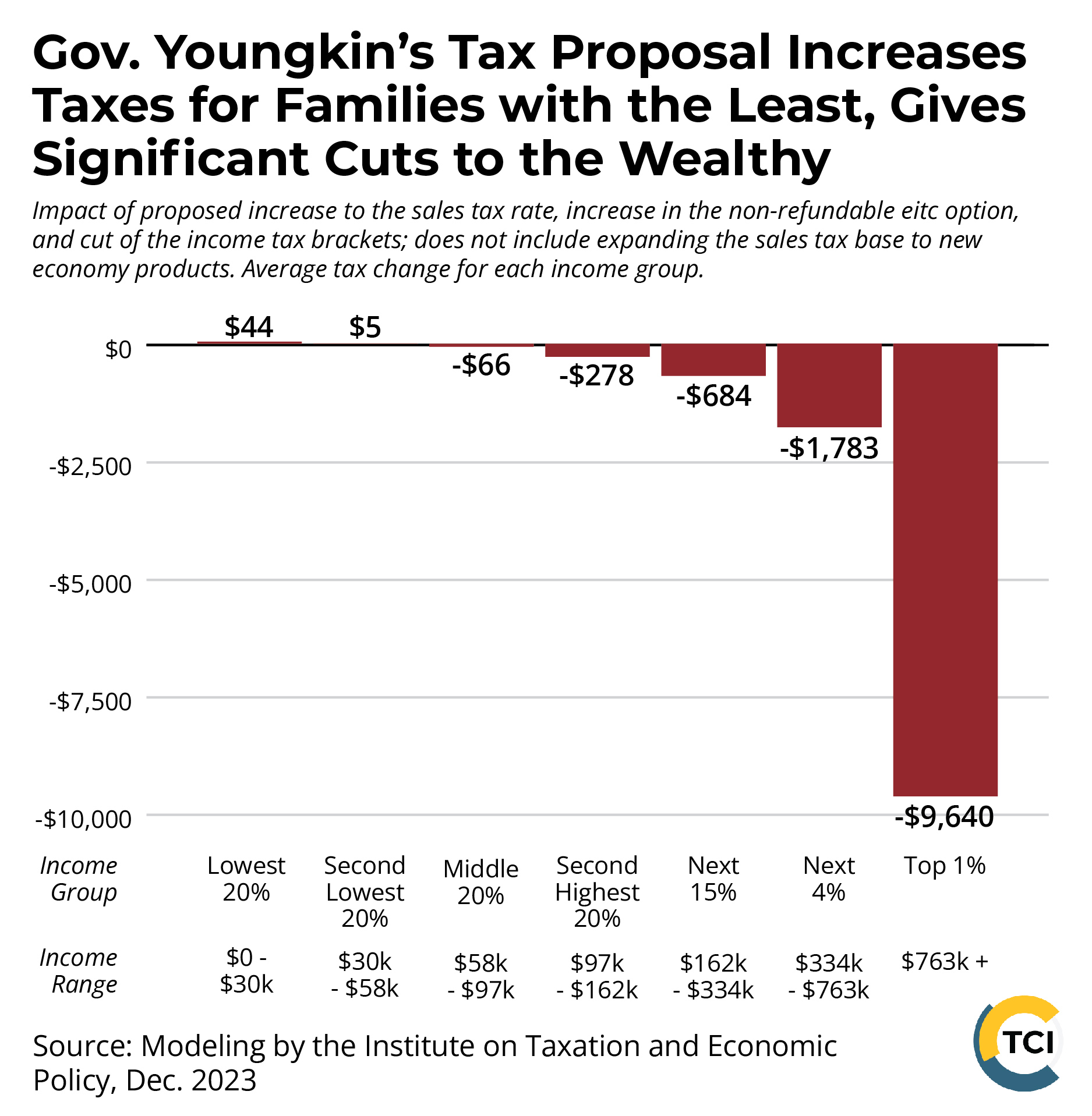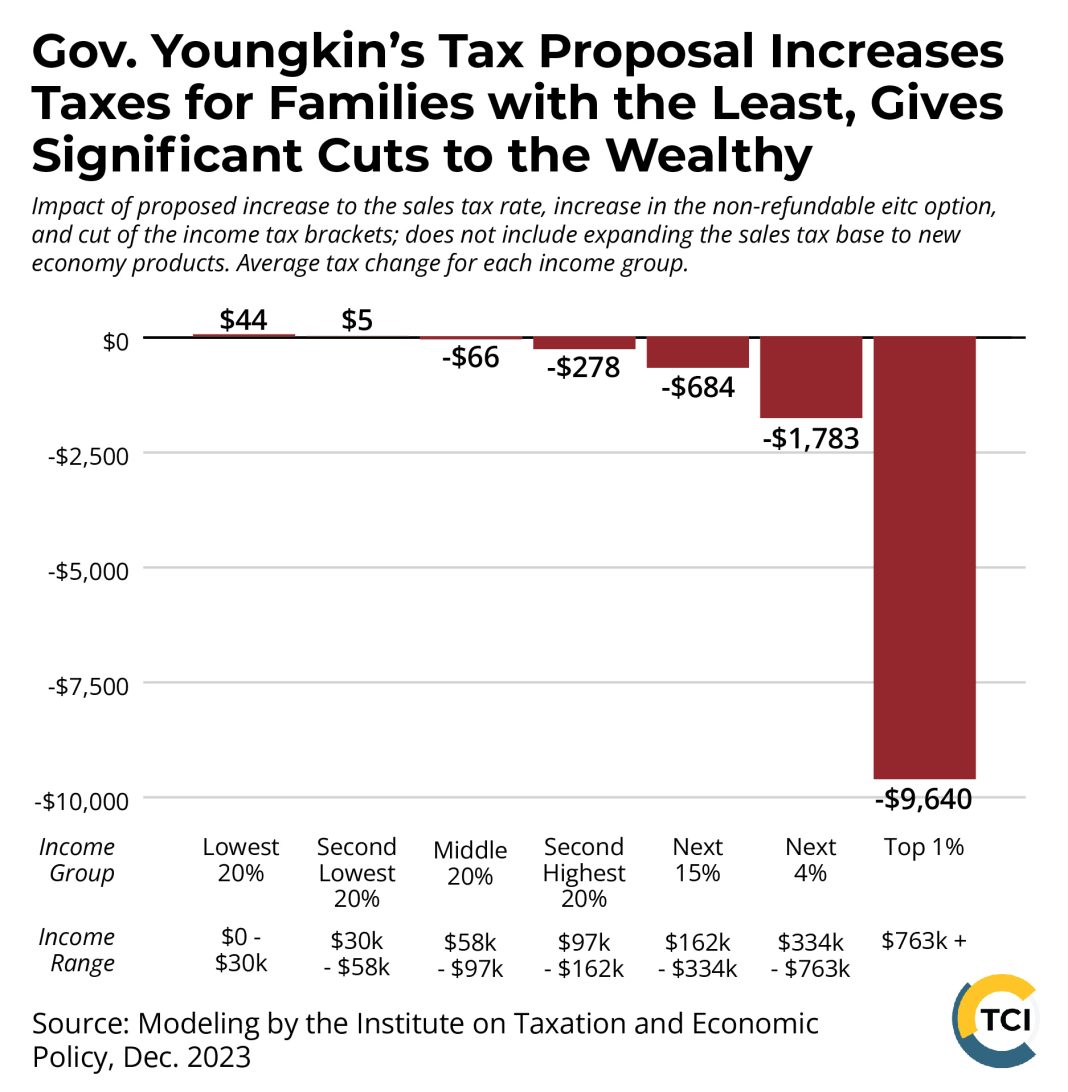 Title: The Economic Challenges Faced by Victorians Under Labor Government
Title: The Economic Challenges Faced by Victorians Under Labor Government
Victorians Struggle with Record Debt and Taxes
Introduction:
Victorians are grappling with the consequences of a decade under the Labor government, facing a staggering level of debt and increasing tax burdens. Despite promises of no new taxes, the government has introduced 55 new or increased taxes, burdening Victorians with additional costs. This article explores the economic challenges faced by Victorians and their impact on the housing market and businesses.
Record Debt Puts a Strain on Victorians:
Under the Labor government, Victoria has accumulated a record debt of nearly $200 billion, surpassing the combined debt of NSW, Queensland, and Tasmania. This projection of $187.8 billion by 2027-28 translates to an average debt of $67,000 per household. Shadow Treasurer Brad Rowswell highlights that Victorians already bear the highest taxes in the country, with an average yearly tax bill of $585,834 per household.
Burdened by Taxes:
The Labor government’s budget has introduced numerous taxes that further burden Victorians. These include levies on suburban roads upgrades, hospitals, level crossing removals, and major infrastructure projects like the Metro tunnel and North East Link. The government’s promise of no new taxes has proven false, with more than 30 property taxes imposed over the past decade. Additionally, the introduction of a holiday and tourism tax in 2025 will increase costs for holidaymakers.
Impact on Property Investors and Businesses:
Victorian property investors are increasingly selling off their properties due to rising maintenance costs, regulatory restrictions, and COVID-19 taxes. Changes in land taxes and the 7.5 percent levy on short-stay rentals have made Victoria a less attractive market for property investors. Consequently, the state is experiencing a rental crisis and a decline in new housing construction, making it challenging to meet long-term housing targets.
Rising taxes have also driven businesses away from the state, with Victoria experiencing a net decrease of 7,606 registered businesses in the 2022-23 financial year. In contrast, New South Wales and Queensland saw an increase in registered businesses. The burden of taxes and the challenging business environment have led to a decline in entrepreneurship and economic growth.
Interest Debt and Missed Opportunities:
Victorians face a staggering daily interest bill of $25.6 million. The government spends $9.4 billion annually on interest payments alone, leaving little room for investment in essential services or infrastructure. Shadow Treasurer Brad Rowswell emphasizes that if not for the excessive debt, stamp duty could have been scrapped, benefiting first home buyers and downsizers.
The $26 million daily interest bill could instead fund critical services such as ambulances, cancer centers, elective surgeries, and healthcare professionals. The Labor government’s infrastructure binge, including plans for the Suburban Rail Loop, has contributed to the soaring debt. Rowswell suggests redirecting funds towards essential projects like the West Gippsland hospital.
Conclusion:
The economic challenges faced by Victorians under the Labor government are significant. Record debt and increasing tax burdens have strained households and discouraged property investors and businesses. The excessive interest debt further limits funding for essential services and infrastructure development. As Victorians look towards the future, they hope for a government that prioritizes fiscal responsibility, supports businesses, and addresses the housing crisis to ensure economic prosperity for all.

